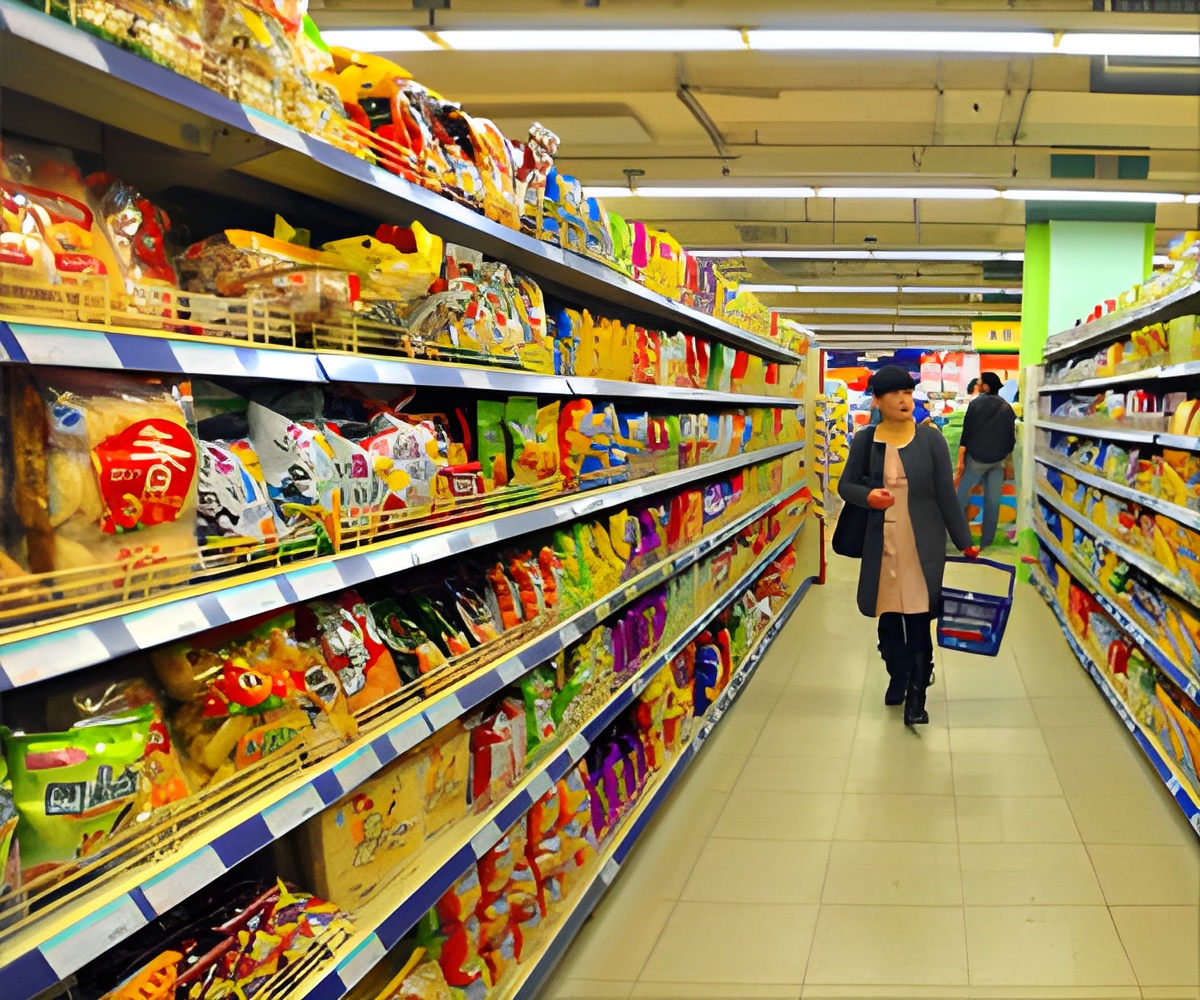
‘People with food allergy find it challenging to decide if a food product is safe for consumption, because food labels do not contain how much allergen is in a product.’
Tweet it Now
The study surveyed 6,584 consumers in the U.S. and Canada on their purchasing habits of food products with various labels about possible allergen exposure due to food processing. Most participants were caregivers of a food-allergic child, while the rest had food allergy themselves."Our findings underscore the challenges people with food allergies face in deciding if a food product is safe to eat," said senior author Ruchi Gupta, MD, MPH, pediatrician and researcher at Ann & Robert H. Lurie Children's Hospital of Chicago and Associate Professor of Pediatrics and Medicine at Northwestern University Feinberg School of Medicine.
"Currently, precautionary allergen labeling is voluntary, and the statements used lack consistency, making it more confusing for consumers. They also do not reflect how much allergen is in the product, which is something consumers need to know to assess food allergy risk."
Consumers had many misconceptions about precautionary labeling. A third falsely believed that precautionary allergen statements are based on the amounts of allergen in the product. Almost half believed that this type of food labeling is required by law, which is not the case.
The laws in the U.S. and Canada require labeling if a major food allergen is an intended ingredient. In the U.S., these include wheat, egg, milk, peanut, fish, crustaceans, soy and tree nuts. Canadian regulation also adds sesame, mollusks, and mustard. Neither country requires labeling about unintended presence of allergens in foods as a result of processing on shared equipment, although many food manufacturers include a variety of precautionary statements on labels.
Advertisement
"There is clearly a need for regulation and standardization of precautionary allergen labeling to help consumers make safe food choices," said Gupta.
Advertisement
Source-Eurekalert















